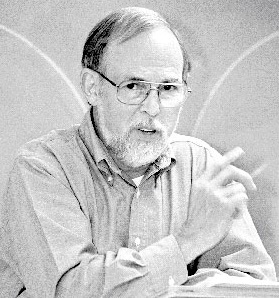Prehistoric people developed impressive technologies for obtaining the necessities of life or they would not have survived. But there is a distinction between technology (to know how to do things) and theoretical science (to know why things behave as they do).
What did prehistoric people "know" or believe about the origins of the world in which they lived? When the only form of communication is the spoken word; and the only storehouses of knowledge are individual memories the information considered important enough to pass on forms the basis of an oral tradition. Every oral tradition contains information about the nature of the universe, ingredients of a world-view. However, it is often beneath the surface, and almost never assembled into a coherent whole.
Preliterate people, as well as those in a modern scientific culture, need world-views that bring order, unity, and especially meaning to the apparently random and chaotic flow of events. But lacking any conception of "laws of nature" the preliterate search for meaning proceeds within the framework of their own experience. They project human or biological traits onto inanimate objects and events.
The beginning of the universe is described as a birth, and cosmic events may be the outcome of struggle between opposing forces, one good and the other evil.
When we look for the features of oral tradition that count for world-view or cosmology, they will almost always include an account of origins - the beginning of the world, the appearance of the first humans, the origin of animals, plants, and other important objects, and finally the formation of the community.

